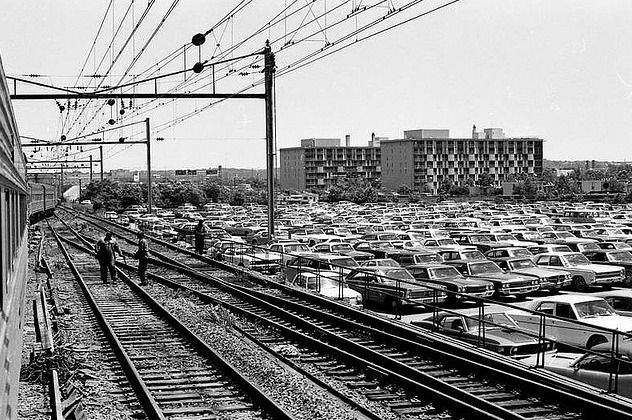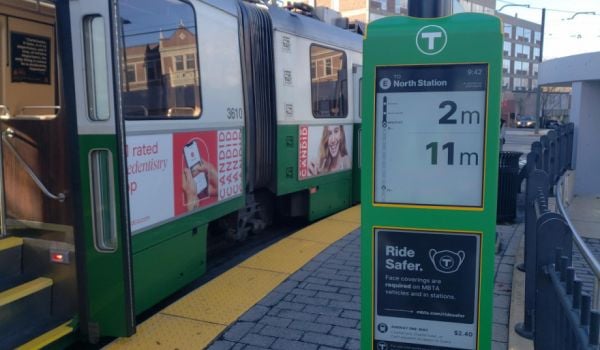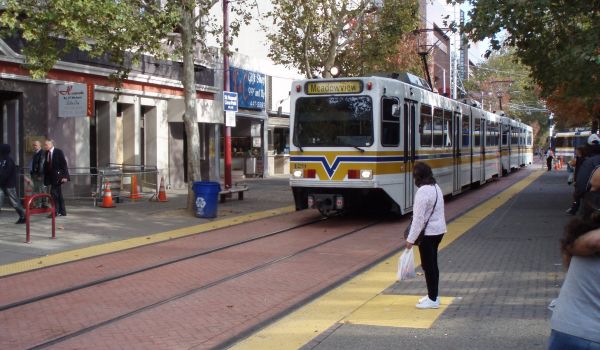Many governmental agencies are currently facing the biggest fiscal crises they have experienced in a generation due to falling tax receipts and an increasing need to provide social services. The question for political leaders is this: Should they push to shore up the funding system so that in the long-term, services will be funded adequately? Or should they take advantage of short-term gain that is unlikely to result in effective funding for the future?
New Jersey Transit is definitively taking the latter course of action. With its new plan to privatize parking facilities at 81 stations across the northern section of the state, it is exchanging a long-term funding mechanism for a quick fix. And in the process, it is likely to deal a heavier burden on many of those who use the agency’s rail system everyday.
New Jersey Transit’s latest move is the most recent example of Governor Chris Christie’s efforts to privatize services now provided by the government. A report released by the administration in June, for instance, suggested replacing several thousand currently state-run operations with private operations.
Whatever the merits of those other proposals, the sell-off of parking lots will have numerous negative effects in the long-term. The state thinks it will be able to make millions from the deal to lease 37,000 parking spaces over a 30 to 50 year lease, and it will use those dollars to help settle the $100 million deficit with which the agency is currently working. And indeed, this solution would be helpful from that perspective. But at what cost?
The biggest problem with the agency’s proposal is that it would limit its long-term revenue source, depriving it of the millions it receives each year from parking revenues. At the Metropark station alone, for instance, the transit agency takes in more than $5 million a year. Though the initial revenue acquired in exchange for the deal would aid in this year’s budget, it would make the next year’s operations — and those of every year in the future — more difficult since a stream of revenue upon which the agency has come to rely would be lost. This means that a “responsible” budget fix this year could mean decades of cutbacks on other services provided. What is really necessary is a broader reform in transit funding to ensure that the deficit faced this year does not occur in the future; the privatization plan would do nothing to handle that.
Moreover, the privatization of parking management prevents the agency from engaging in what is perhaps the most promising use of that resource: Redeveloping it into transit-oriented developments. In places like the San Francisco Bay Area, former transit parking lots have been successfully morphed into neighborhoods where people live in close proximity to public transportation and therefore use it frequently. Will the privatization deal make such projects impossible?
Much of the logic provided to underpin the movement towards private ownership of parking has to do with increasing equity in pricing and Improving efficiencies in parking management. It is true that some parking lots in the New Jersey Transit system are free — 14 at last count — while others require customers to pay up to $10 a day. These discrepancies are real, and they need to be resolved.
In addition, there are some good reasons to promote increases in parking prices, especially at stations where parking is currently free. This is likely to be the most unpopular aspect of this plan, especially because it comes just after a 25% fare hike on trains, the biggest in three decades. But by charging more to park, the agency will encourage more people to walk or bike to stations. Nonetheless, it is true that a large percentage of New Jersey Transit users drive to get on their trains, so it’s worth having a conversation about whether we should be actively dissuading them from driving.
But the privatization itself has nothing to do with these reforms — there’s no reason why these changes couldn’t be instituted by the public today. In reality, the agency is choosing to prioritize short-term needs, abdicating responsibility for its long-term financial health, which must rely on steady revenues specifically provided by sources like these parking lots.

Yonah Freemark is a senior research associate in the Metropolitan Housing and Communities Policy Center at the Urban Institute, where he is the research director of the Land Use Lab at Urban. His research focuses on the intersection of land use, affordable housing, transportation, and governance.
















